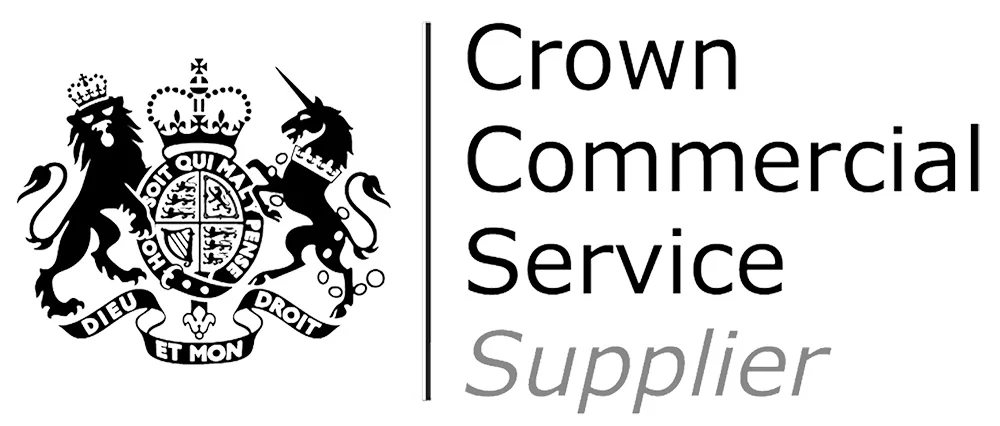Social media platforms often get a bad rep, particularly when it comes to how younger people utilise these platforms. Reports of online bullying and manipulation, or predatory individuals using social media to target or influence young people can leave many wanting to ban the use of them altogether. For teachers, the safety and wellbeing of pupils is paramount, so using social media platforms can feel like a bit of a minefield. However, their popularity and widespread use also means that they shouldn't be ignored. From Instagram to Twitter, Snapchat to TikTok, these platforms can be used as an opportunity to make connections, to strengthen knowledge and learning, and to spread positive or important messages. However, most schools still do not incorporate social media as part of their educational technology in the classroom. Used right, social media could become a useful tool as opposed to a frustrating (and sometimes alarming) distraction. If teachers are knowledgeable about how to use social media, if can become a powerful platform to educate, create connections and engage the class.
So what are some of the ways that teachers can use social media for good?
Promotion
If you've got some talented pupils in your class you could use social media to showcase their work. This could be a great way of getting pupils more enthused about sharing what they have achieved, and taking a more creative approach. Social media can all be useful for promoting school events and acknowledging pupils' achievements.
Enhanced Learning
Social media platforms contain a wealth of information and can be a fantastic tool for student engagement. Via social media platforms you can introduce pupils to voices from important people all over the planet. You can engage them and bring awareness to particular movements, you can point them towards relevant news stories or blog posts and articles that tie into their learning. You can engage them in current events globally and inspire them to feel a wider sense of connection and responsibility for their fellow human beings and the planet.
Creating Connections
Social media can also be used to connect with a pupil's parents. It's also a great tool for connecting with other educators, experts in a particular subject who can share their wealth of experience and knowledge. Students can also use social media to connect with other students beyond their own classmates.
Resource sharing
Teachers can also help fellow teachers through social media platforms and share knowledge and resources, creating a digital community of support for one another.
Live streaming
There may be many reasons why you want to make your work available online, and social media can be helpful for sharing lectures and lessons, videos and other resources that can then be easily accessed by students and the wider community.
Twitter as a message board
Twitter could be a great place to encourage discussion and debate within your class. A single Twitter handle could be used for each class. The 280 character limit that restricts message length Twitter can encourage students to think about how to choose words carefully and write more concisely and effectively.
Instagram for photo essays
Any class where visuals are used heavily can benefit from using Instagram to present photos and graphics. Instagram is a fantastic platform for digital storytelling and could be a useful way to encourage students to consider how to pull together their work in a visually appealing and logical way to convey information and tell a story.
Pinterest for resources and class organisation
Pinterest is a fantastic social media platform for teachers to prepare lessons and collate resources, Worksheets, lesson plans and other resources for classes can be stored tougher in one place and accessed easily or shared with others. Students could also use Pinterest to gather resources for homework or class projects, and to gather research, creating a digital library and bibliography for assignments.
Social media and protection
Naturally, the main hesitation for teachers considering using social media in their classrooms is how to protect pupils. Lots of these platforms have built-in safeguards. However, it is the responsibility of the teacher to monitor the use of social media in the classroom and create rules that all pupils must adhere to. Familiarising themselves with their schools unique policies and ensuring they are not breaching any regulations outlined in the Family Educational Rights and Privacy Act is imperative.
Benefits of social media in education
There is no getting away from the fact that social media is an important part of contemporary society. Because of this, embracing these platforms and integrating them into the classroom makes sense and can be a useful tool for communication, education and much more.
Find your next teaching role with Horizon teachers
Are you looking for your next teaching role? At Horizon teachers we specialise in helping educators find the perfect job for them. Browse our jobs board or get in touch with our team to see how we can help you today!


